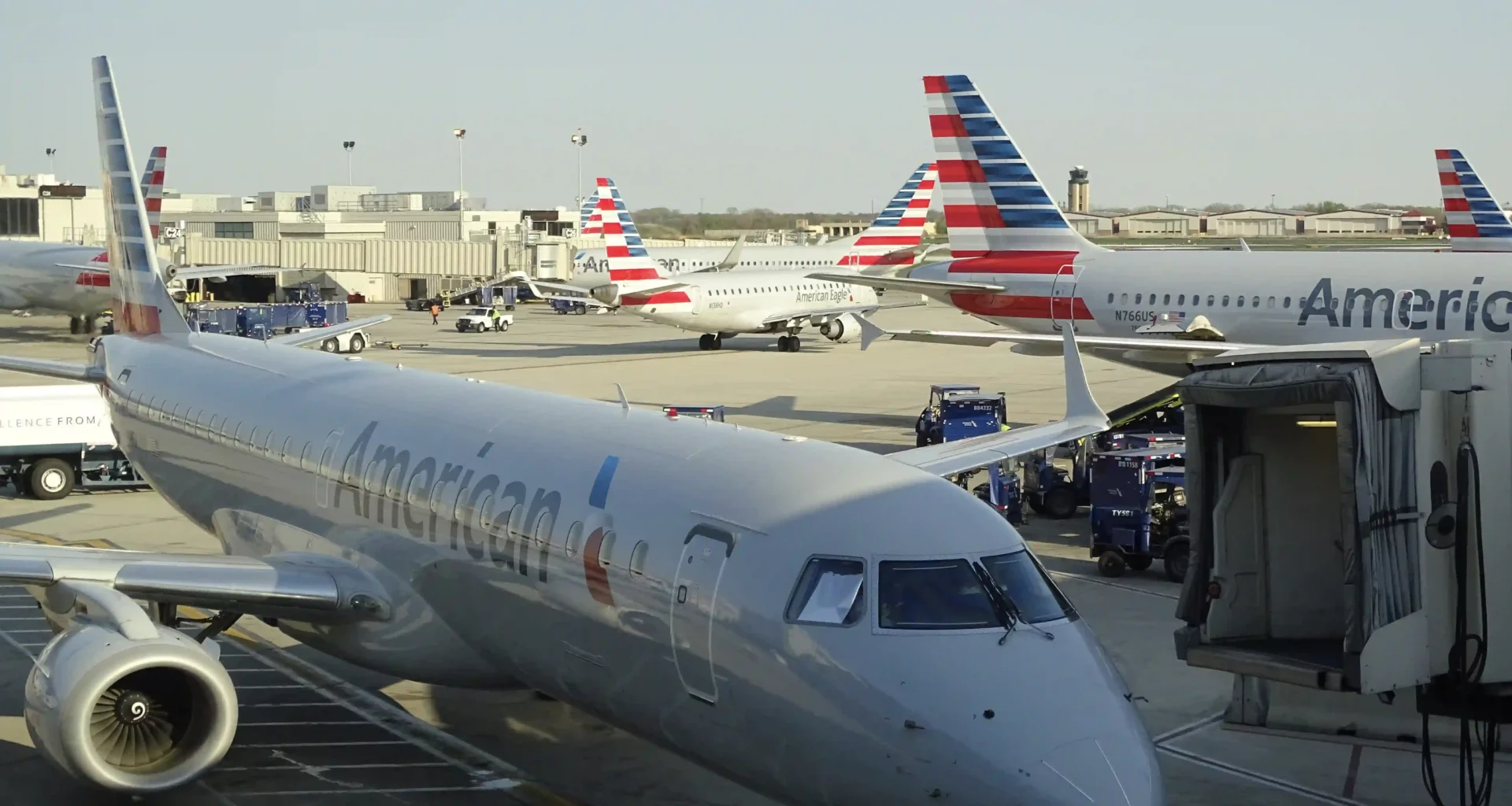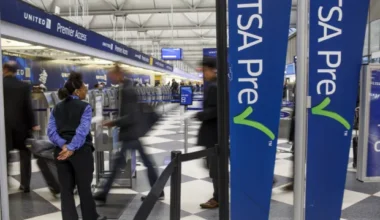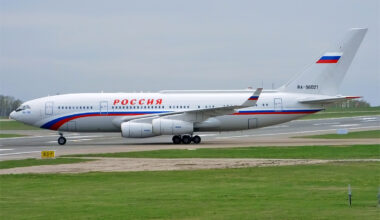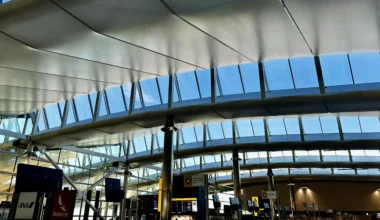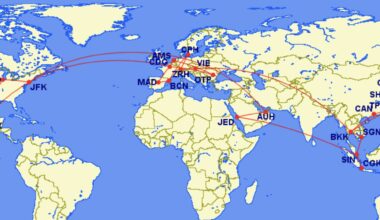On Tuesday, a US District Judge ruled that an antitrust lawsuit against several top American airlines could proceed. The case asserts that a group of customers has substantial evidence to suggest that Delta and United Airlines collaborated to artificially hike the prices of domestic flights. The lawsuit, initiated in 2015, implicates Delta, American, Southwest, and United.
Background
The antitrust class-action lawsuit began with three individuals—Ethan Brodsky, Jeffrey Robb, and Valbona Alla—back in 2015. These plaintiffs argue that Delta, American, Southwest, and United conspired to maintain the same flight capacity from January 2009 to mid-2015 despite fuel costs—usually an airline’s most significant expenditure—falling by 34% and economic growth remaining strong. The result, they say, was an increase in airfare–13% from 2009 to 2014, adjusted for inflation–and higher profits for the airlines involved.
The judge seemed sympathetic to the plaintiffs
Judge Colleen Kollar-Kotelly found enough evidence for the lawsuit to continue, denying Delta and United’s request for a judgment without going to trial. Specifically, she pointed to significant circumstantial evidence suggesting the airlines coordinated to restrain capacity and boost profits at the expense of customers, saying they engaged “admittedly and openly in the practice of capacity discipline on domestic flights.”
How airlines justified constraining capacity
The airlines claimed that they didn’t coordinate capacity restraints, that economic conditions initially necessitated the practice, and that they maintained it to satisfy their investors. However, the Judge pointed out that such a practice would only lead to higher profits if a majority of domestic market share airlines participated in a coordinated manner.
Previous settlements
It’s worth mentioning that Southwest Airlines settled for $15 million in 2018, while vehemently denying any legal wrongdoing. They stated that the settlement was a strategy to avoid further litigation expenses. American Airlines followed suit, settling for $45 million in 2019.
Conclusion
This lawsuit, filed initially in Milwaukee Federal Court in July 2015, appears set to continue. Personally, it doesn’t seem like the airlines being sued have offered persuasive defenses for their practices, and given they cumulatively control around 80% of the domestic air travel market, I’d like to see them penalized for anti-competitive behavior. Whether or not a judgment against the airlines will result in significant changes to the industry remains to be seen, but I certainly hope it makes them think twice before screwing over consumers.
